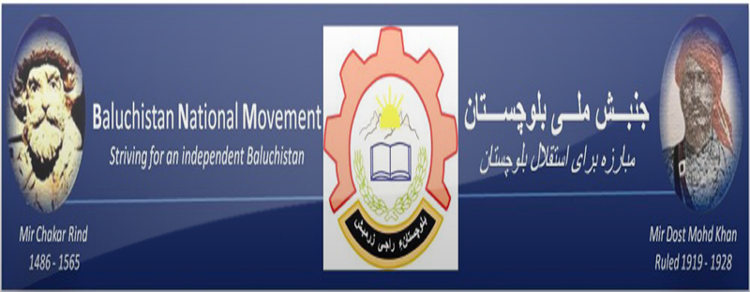Barzani gets support for right to self-determination in talks with world leaders
By Rudaw 16 hours ago

ERBIL, Kurdistan Region – The central focus of President Masoud Barzani’s meetings with world leaders on the sidelines of the Munich Security Conference has been the question of independence, said a delegate accompanying Barzani’s team at the conference.
“The main point in the agenda of Barzani’s talks has been the independence of Kurdistan,” Hemin Hawrami, an advisor to Barzani told Rudaw.
“Mr. President Barzani, on the Kurdistan people’s behalf and the high-ranking Kurdish delegation, told them that, as long as Iraq did not accept an authentic partnership with us, we do not want them to deal with us as being subordinate to them. A new formula for us means being two good neighbors with Iraq on the basis of dialogue. This subject was discussed with Mr. al-Abadi, the US vice president, the US defense minister, Iranian foreign minister, and all the other delegates we met.”
Hawrami explained that Barzani stressed in his conversations with those he met that the Kurdistan Region will “never return to the pre-ISIS and federalism phase in Iraq. In the meantime, there has to be a fresh formula in our relations with Baghdad on the basis of dialogue. And this new formula is the Kurdistan people’s self-determination right.”
“The question of self-determination for the people of Kurdistan is an ongoing process,” Hawrami continued. “There might have been some different points of views in timing and the mechanism, but we never heard of any delegate of any country saying the question of independence and self-determination is not your right.”
On Sunday, Barzani held “an important meeting” with 20 US senators, both Democrats and Republicans. “They unanimously said the time is here for the people of Iraqi Kurdistan to decide on their self-determination right,” said Hawrami.
He also said the delegates stressed that the new US administration will not leave the Kurds in limbo as they were concerned about the future of Iraq.
Hawrami said that the Kurdistan Region has progressed towards independence on many fronts. Saying that the political, economic, and diplomatic groundwork has been laid, and the project “has reached a great phase of international recognition in terms of military development, political and military independence. I assure the people of Iraqi Kurdistan that I have never seen such victories we obtained in the Munich conference meetings to increase recognition of the Kurdish question and its rights towards the path of independence compared to any other conference.”
Another topic which was addressed in Barzani’s meetings with the world delegates at the conference was the Mosul liberation operation and the different armed groups present in the country.
“In Mr. President Barzani’s meeting with the Iranian foreign minister and many other ministers, we have said that the main factors which destabilize the security of the region is that, if the Iraqi army is weakened and on the other side some 60 different groups within the Hashd al-Shaabi are unlawfully recognized in the parliament and nobody knows who are they, of course it affects the Sunni groups in the area. And the implications of the beginning of this sectarian rivalry has emerged in Mosul city, Tal Afar and other areas,” said Hawrami.
Hawrami warned of the Hashd al-Shaabi’s wide participation in the Mosul operations “since it will bring about an enormous reaction by the Sunnis in the region, igniting a deeper sectarian divide, which will eventually affect the security of the Kurdistan Region and the region, threatening all the achievements that have been made against ISIS. Therefore, we thought we should stay committed to the agreement that neither Hashd al-Shaabi nor should other similar groups take part in fights inside Mosul. But rather, the city’s elements should play a role in directing their security and they should be responsible on how to secure their city.”
The Kurdish Peshmerga played a role in the first phase of the Mosul offensive, securing territory north and east of the city, but they have not entered the city as per agreements made between Barzani, Abadi, and the coalition.
In the meetings “we also mentioned if there are not administrative and political plans along with the military victories, administrative, service and political vacuums will be created, once again paving the way for the emergence of ISIS in another technique and form,” Hawrami continued.
Hawrami also provided details of a meeting between Barzani and Iranian Foreign Minister Jawad Zarifi.
“Iran is an important neighbor to the Iraqi Kurdistan Region. We might have disagreements on some policies, which is a natural right of both of us. But there are some common points between us. On behalf of the Iranian government, the Iranian foreign minister again officially invited President Barzani to visit Iran, and President Barzani accepted the invitation,” he detailed.
Another outcome of the Munich Security Conference which showed how important the position of the Kurdistan Region in the Middle East was, Hawrami explained, is that Kurdistan was the only autonomous region to be invited to the conference alongside 192 countries. Yet, it held the most bilateral meetings, he claimed.
This year alone, during these two to three days of the Munich conference, the Kurdish delegation held and will hold 23 meetings, he said.

